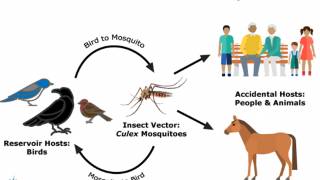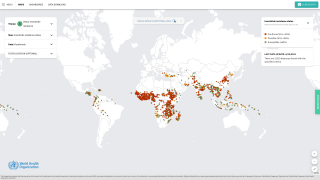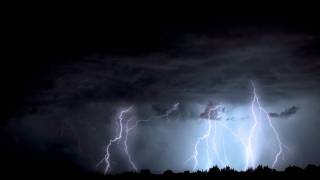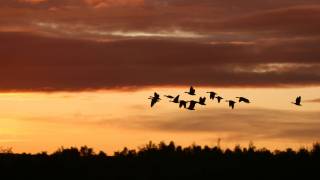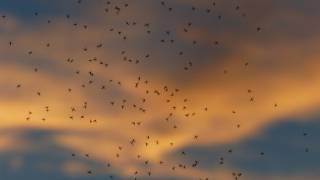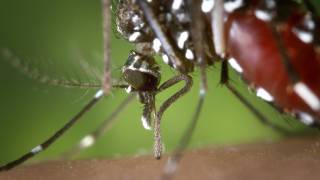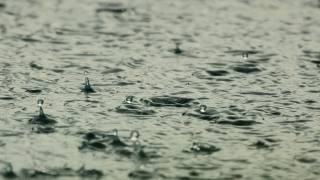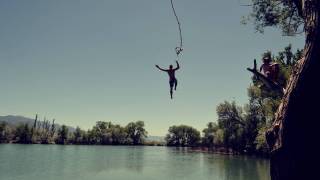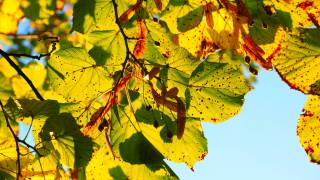West Nile Virus Has Returned to California in 2018

The California Department of Public Health (CDPH) announced the first 2018 confirmed illnesses in California due to West Nile virus (WNV).
The 4 illnesses occurred in Los Angeles, Kern and Riverside counties, bringing the cases total to 9 during 2018.
This is not good news, given California’s previous outbreaks. In 2017, California reported 553 human West Nile virus cases, including 44 fatalities.
"West Nile virus activity in the state is increasing, so I urge Californians to take every possible precaution to protect against mosquito bites," said CDPH Director and State Public Health Officer Dr. Karen Smith, in a press release.
There is no specific treatment or vaccine for West Nile virus.
West Nile virus is transmitted to humans and animals by the bite of an infected mosquito.
Hot temperatures this month are contributing to increasing numbers of mosquitoes and the increased risk of virus transmission to humans.
The Culex pipiens mosquito encounters the disease when biting an infected bird, according to the Centers for Disease Control and Prevention (CDC).
Which means, birds are the primary source of West Nile Virus.
Four out of five people infected with West Nile Virus will not show any symptoms, which include fever, nausea, headache and muscle aches, according to the CDC.
The CDPH recommends that individuals protect against mosquito bites and WNV by practicing the "Three Ds":
- DEET - Apply insect repellent containing DEET, picaridin, oil of lemon eucalyptus or IR3535 according to label instructions. Repellents keep the mosquitoes from biting you. Insect repellents should not be used on children under two months of age.
- DAWN AND DUSK - Mosquitoes that transmit WNV usually bite in the early morning and evening so it is important to wear proper clothing and repellent if outside during these times. Make sure that your doors and windows have tight-fitting screens to keep out mosquitoes. Repair or replace screens that have tears or holes.
- DRAIN - Mosquitoes lay their eggs on standing water. Eliminate all sources of standing water on your property by emptying flower pots, old car tires, buckets, and other containers. If you know of a swimming pool that is not being properly maintained, please contact your local mosquito and vector control agency.
Californians are encouraged to report dead birds on the website or by calling toll-free 1-877-WNV-BIRD (968-2473).
Our Trust Standards: Medical Advisory Committee



